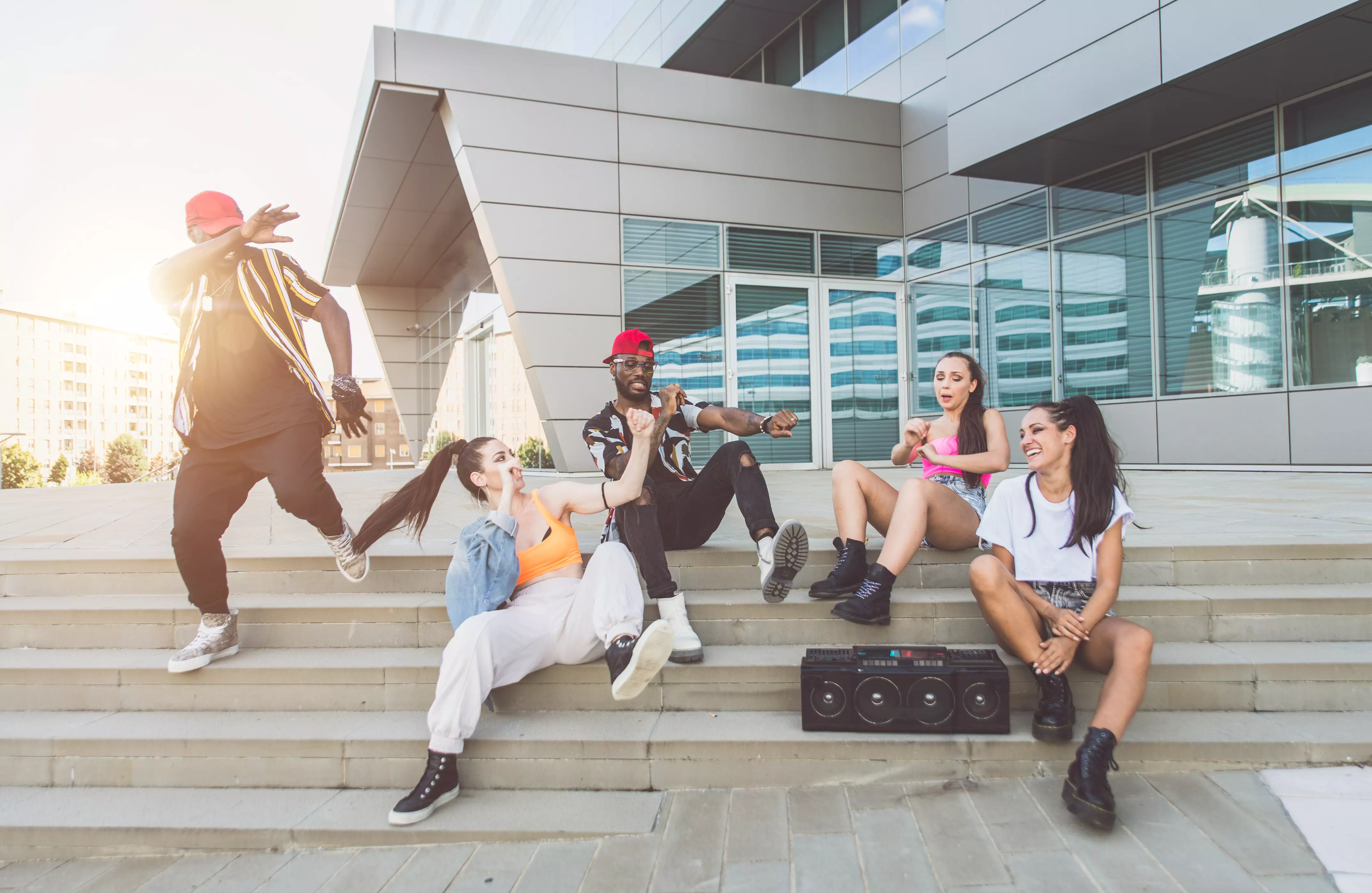The message of hip hop in the context of contemporary social issues
Introduction to the message of hip hop
Hip hop, as one of the world's fastest growing cultures, is not only a form of entertainment, but also an important medium of social expression. Its history dates back to the 1970s, when the first rhythms were born on the streets of New York. Over the years, hip hop has become a tool for artists to comment on the reality in which they live. While hip hop music is often seen as entertainment, its message in the context of contemporary social issues is gaining importance.
Hip hop as the voice of marginalized communities
Many hip hop songs feature the stories of marginalized groups in society, who often face problems such as poverty, violence, racial inequality or lack of access to education. In their lyrics, artists are not afraid to address difficult topics that affect their communities. Rap becomes more than just music - it is a form of protest and a testament to the realities that many people have to face on a daily basis.

The power of words in the fight against injustice
In hip hop, words have tremendous power. Artists such as Tupac Shakur and Nas have used their work to call attention to social injustices. Their lyrics are often emotional, conveying the frustration and pain that comes with living in marginalized neighborhoods. Through their songs, listeners can better understand the realities of life in these communities, which can lead to greater empathy and understanding.
Hip hop and the issue of racial equality
Racism and discrimination are issues that are unfortunately still present in today's world. Hip hop has become a platform to talk about racial inequality and to fight the injustices that affect people of color. Artists such as Kendrick Lamar and J. Cole use their songs to raise important issues, encouraging listeners to reflect on how discrimination affects their lives and society as a whole.
Economic problems and the struggle for a better tomorrow
Many rappers share their experiences of poverty and economic hardship. The lyrics often describe the struggle for a better life, forcing artists to make decisions that are not always morally correct. Hip hop provides a voice for those who feel powerless against the system, and their stories often inspire others to take action. In addition, artists engage in pro-social activities, helping to create better conditions for their communities.
Violence and its impact on communities
Violence is another important theme in hip hop. Many songs show the brutality of life in dangerous neighborhoods, making the problem visible and tangible. Hip hop provides a platform for artists to share their traumatic experiences and combat violence, both physical and psychological. In this way, the message of hip hop can act as a form of therapy and a reflection of the dramatic reality faced by young people.
Society's reaction to hip hop's message
The message of hip hop does not go unchallenged in society. As hip hop gains popularity around the world, its messages are attracting the attention of both supporters and critics. Many people are beginning to recognize the power of this musical genre as a tool for bringing change. Astigmatizing hip hop as violent or lacking in values limits its potential as a form of social and cultural activism.
Summary
Contemporary hip hop continues to be an important voice for many who struggle against social injustices. Our society faces many challenges, and hip hop artists take on the role of reality interpreters, showing what life is like under difficult circumstances. The message of hip hop thus becomes a key element in the fight for a better tomorrow, which unites artists, listeners and entire communities in the pursuit of change. Hip hop is not just music - it is a form of protest that invites conversation about the reality we live in.

Add comment